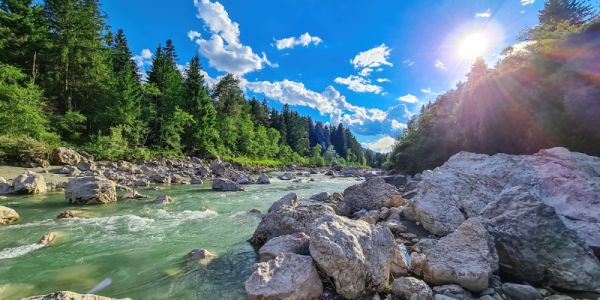
Climate change disrupts seasonal flow of rivers
Climate change is disrupting the seasonal flow of rivers in the far northern latitudes of America, Russia and Europe, posing a threat to water security and ecosystems, according to new research.

Climate change is disrupting the seasonal flow of rivers in the far northern latitudes of America, Russia and Europe, posing a threat to water security and ecosystems, according to new research.

The side effects of large-scale forestation initiatives could reduce the CO2 removal benefits by up to a third.
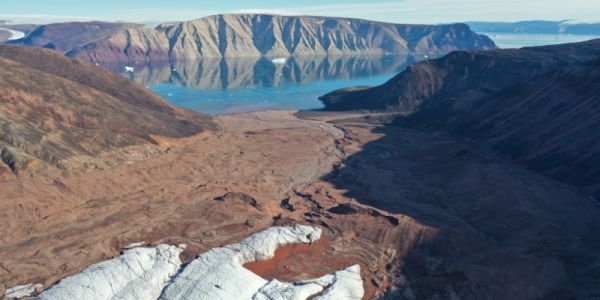
An estimated 11,000 sq miles or 28,707 sq kilometres of Greenland’s ice sheet and glaciers have melted over the last three decades, according to a major analysis of historic satellite records.

Switching to plant-based pies, burgers and hot dogs at home football games over the Green Football Weekend would save more than 250,000kg of carbon emissions, new research shows.
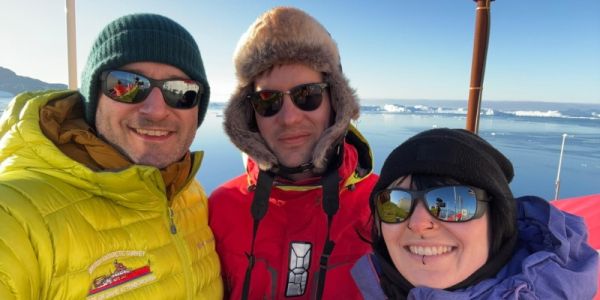
Three researchers from the University of Leeds are embarking on a two-month expedition to the Antarctic to investigate one of the most important questions in climate science.

A “carbon footprint calculator” has been created to help small craft brewers identify the scale of their carbon emissions.

Every school and college in England will have free access to expert support to become greener and more climate resilient in a national scheme run by a consortium of universities.

Science Minister Andrew Griffith says for the UK to become a Space superpower it must harness the talent of researchers and businesses involved in the analysis of satellite data.
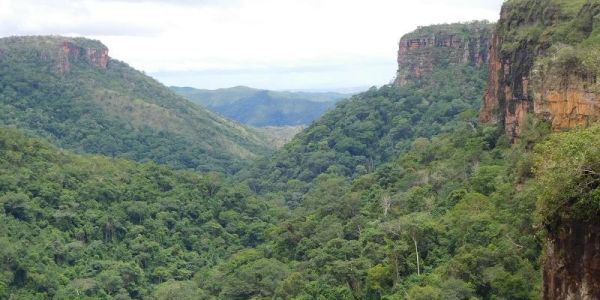
Scientists have found almost identical patterns in how tropical forests worldwide are dominated by surprisingly few tree species.
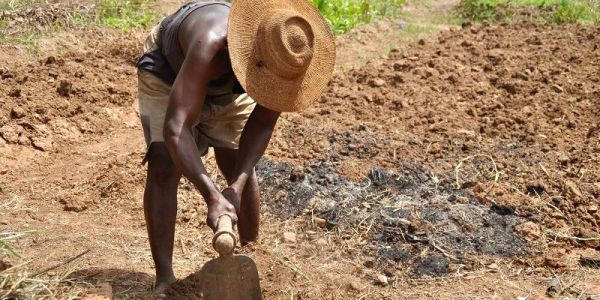
Farmers in sub-Saharan Africa need to diversify away from growing maize and switch to crops that are resilient to climate change and supply key micronutrients for the population, say researchers.